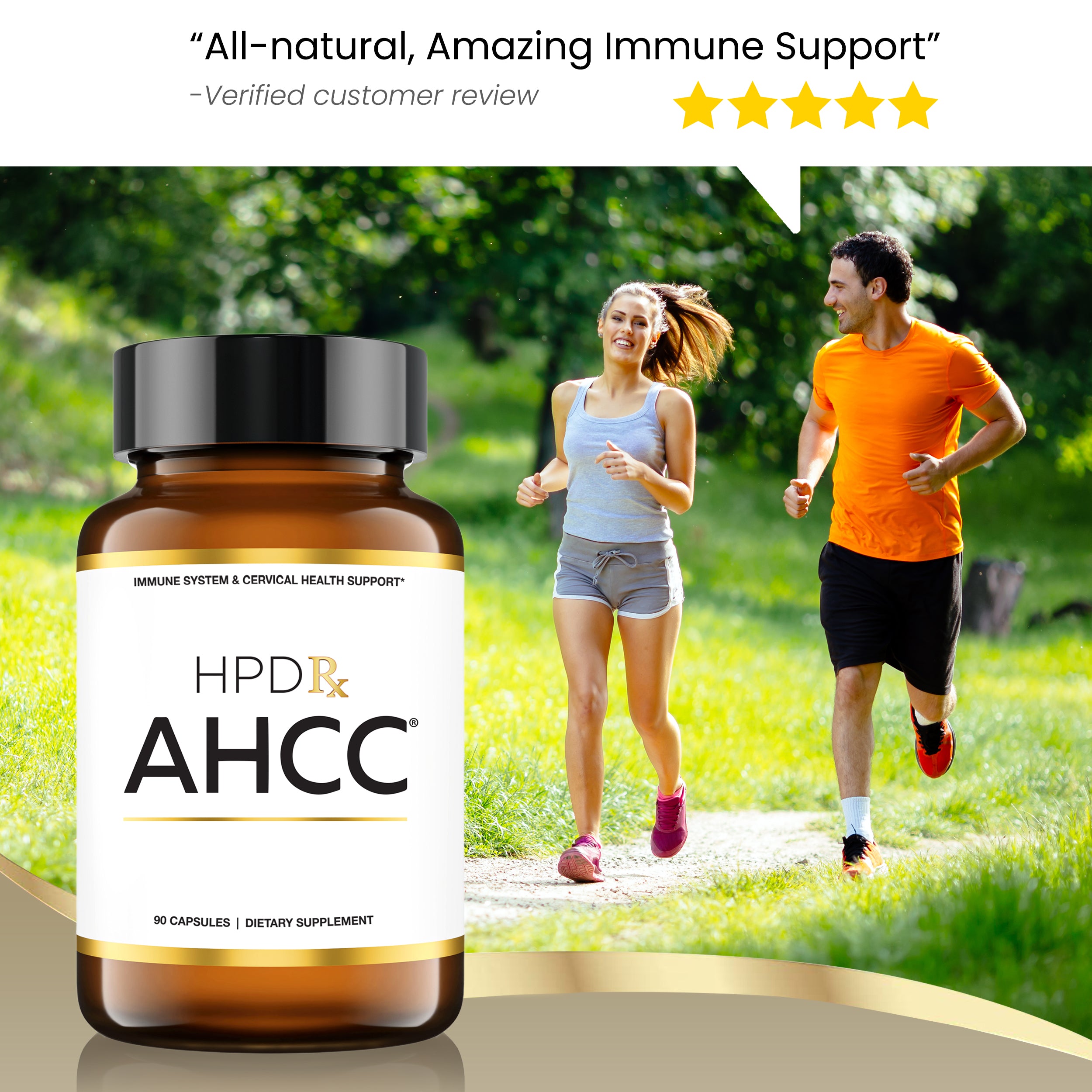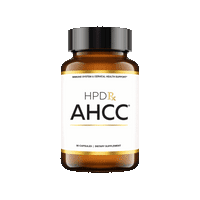HPV Treatment: Here’s What You Need to Know
Share
Are you concerned that you may have been exposed to HPV? If so, this is for you.
What is HPV?
Human Papillomavirus (HPV) comprises a group of 200 related viruses and is the most prevalent sexually transmitted infection worldwide. Its transmission occurs through skin-to-skin contact as well as oral, anal, or vaginal sex. HPV is classified into two main types:
- High-risk HPV
According to the National Cancer Institute, the most common of this category are HPV16 and HPV18. A high-risk HPV is capable of causing cancer (including penile, vulvar, vaginal, cervical, and throat cancer) and constitutes approximately half of all HPV infections.
- Low-risk HPV
People infected with low-risk HPV are often asymptomatic and do not require treatment. The most common symptom, when present, is genital warts.
Preventing HPV is crucial. To reduce the risk of HPV infection and HPV-related cancer, the CDC recommends that all children between ages 11 and 12 should get vaccinated. The first dose of the HPV vaccine is available for children aged 9 years.
Once contracted, HPV cannot be cured; however, HPV-related genital warts can be removed.
HPV Treatment
HPV can be asymptomatic, so people who suspect that they may have been exposed to it should take a screening test at home or in a clinic.
Treatment for HPV is usually not required as it tends to resolve on its own within 2 years. However, there are some ways in which the symptoms of HPV can be tackled. Genital warts are usually removed via surgery, but a doctor may also suggest trichloroacetic acid or cryotherapy. The former is used for anywhere between 15 days and 4 months to treat oral manifestations of HPV. Research shows that this treatment is usually well-tolerated. Conversely, cryotherapy is used to freeze genital warts, decrease the number of viruses, and get rid of triggers that may lead to cancer development. A study done in 2019 supported the use of cryotherapy in removing warts.
At-home treatment options for HPV include Condylox and Imiquimod. Unfortunately, genital warts tend to return in 30% to 40% of the cases despite treatment.
Medication for HPV Treatment
There are two prescription products available for the treatment of HPV-associated warts at home. These are:
- Imiquimod
Imiquimod is a topical cream for genital warts. It is usually used once a day, thrice a week for as many as 16 weeks. It is not meant for internal use and should be washed off as per the instructions on the prescription label.
When using Imiquimod, intercourse should be avoided since the medication can weaken barrier contraceptives, such as dental dams and condoms. Imiquimod is also available online at some pharmacies, but a prescription is still required for purchase.
- Condylox (podofilox)
Condylox (podofilox) is another prescription medication available in the form of a solution for application on genital warts. Following the doctor’s instructions is essential when using this solution. It is typically used twice a day (12 hours apart) for three days. In case the treatment is not effective 4 days after the course, the treatment may be repeated for up to three more cycles. A gap of four days between the last treatment and the next cycle is important. Intercourse should be avoided during the treatment.
Condylox can also be purchased online, but a prescription is required.
Natural Ways to Treat HPV
A proprietary cultured shiitake mushroom mycelium (root) extract known as Active Hexose Correlated Compound (AHCC) is proven to be effective against HPV in more than 30 human clinical trials. It is effective in boosting immunity. Because of the presence of glucans – polysaccharides with various therapeutic effects – AHCC is believed to act as an antioxidant, immune-booster, and anti-cancer agent which can help eliminate high-risk HPV subtypes.
AHCC is made by carefully mixing different components of cultured mushroom mycelia. While the fruiting body is the visible, umbrella-shaped part of the mushroom, the mycelia are the parts that stay inside the wood or soil on which the mushroom is growing. Shiitake (or Lentinula edodes) is the mushroom whose mycelia are used in making AHCC. A standardized quality AHCC® is produced by a Japanese company that makes this patented ingredient using a proprietary production process.
When should you see a doctor?
If you are aware that you have HPV or if you suspect that you may have HPV, you should consult a doctor. The doctor will recommend other sexually transmitted infection (STI) tests if needed and confirm whether the infection requires treatment.
Medications such as Condylox and Imiquimod may also be prescribed by the doctor for treating genital warts. These medications are available at traditional brick-and-mortar as well as online pharmacies. Depending upon the case, cryotherapy, trichloroacetic acid, or surgery for genital warts may be advised. These treatments can only be available at a healthcare center.
Since some HPV subtypes may be asymptomatic and some carry a risk of cancer, it is important to get tested for cancer regularly. The frequency of examination is advised by a doctor.
Conclusion
The commonest STI in the world is HPV. It has both high-risk and low-risk subtypes, with the latter causing genital warts. HPV cannot be treated directly but symptomatic treatment is possible. To remove genital warts, cryotherapy, prescription topical medications, and surgery are available. It is recommended by the CDC that all children between ages 11 and 12 or older should be vaccinated against HPV to prevent the infection.
Not usually. Most results are not cancer. They mean the cervical cells look slightly different and need follow-up.
Not usually. Most results are not cancer. They mean the cervical cells look slightly different and need follow-up.
Disclaimer
The information provided in this article, including text, graphics, and product descriptions, is for informational purposes only and is not intended as medical advice.
You should consult a qualified healthcare professional before using any dietary supplement, particularly if you are pregnant, nursing, taking prescription medications, or have an existing medical condition.
The content on this page should not be used to substitute professional medical consultation, diagnosis, or treatment.




